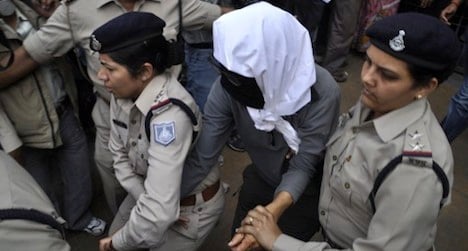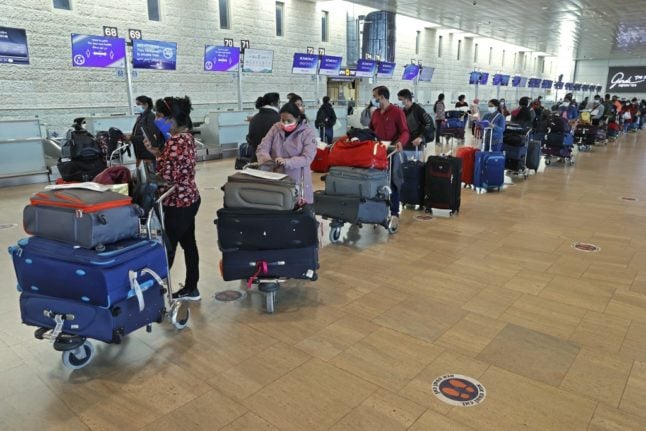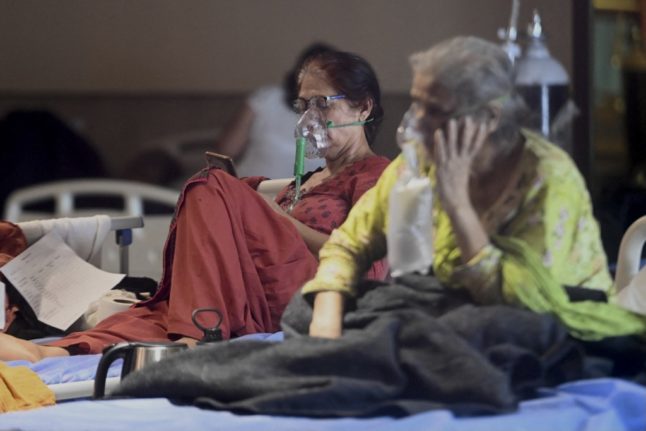The six, who were detained after Friday's attack on the 39-year-old victim in Datia district in the central state of Madhya Pradesh, were brought before a local magistrate.
"The magistrate sent the accused on a one-day police remand (custody)," said Datia district deputy police chief R.S. Prajapati.
"These men will be now further questioned."
The latest incident comes three months after the fatal gang-rape of a 23-year-old physiotherapy student on a bus in Delhi sparked nationwide outrage.
Five of the suspects, all farmers in their twenties, were paraded in front of television cameras in Madhya Pradesh late on Sunday.
They were dressed in jeans and shirts but with black cloth covering their faces.
The sixth man, 19, was detained in a neighbouring state overnight and brought back to Datia, about 400 kilometres (250 miles) south of New Delhi.
Only four of them will be charged with gang-rape, which carries a minimum sentence of 10 years, because testimony from the victim said two of them were "only present at the crime scene", said M.L. Dhody, another Datia officer.
All the men face robbery charges as police say the group stole a laptop, a mobile phone and 10,000 rupees ($185) from the victim and her 30-year-old husband, who was tied up before the sexual assault.
"The six of them have confessed to their roles in the crime," Dhody said.
Indian law does not permit statements made in police custody to be used as evidence during trial.
The Swiss couple arrived in the country last month and were cycling through northern India on a trip that included a stop in the Taj Mahal city of Agra.
The suspects allegedly saw the pair pitching their tent on Friday night in a remote forested area in Datia and attacked them.
The Press Trust of India news agency said at least one of them was armed with a shotgun.
After being treated in a local hospital, the couple are now in the capital recovering and have pledged to stay to help police identify the rapists.
They have "expressed their readiness to fully cooperate in the ongoing investigation and identification process.
They will continue to stay in India for the moment," a Swiss embassy statement said on Monday.
Last month the Swiss foreign ministry issued an advisory for its nationals travelling in India, warning that sexual violence was on the rise across the country.




 Please whitelist us to continue reading.
Please whitelist us to continue reading.
Member comments